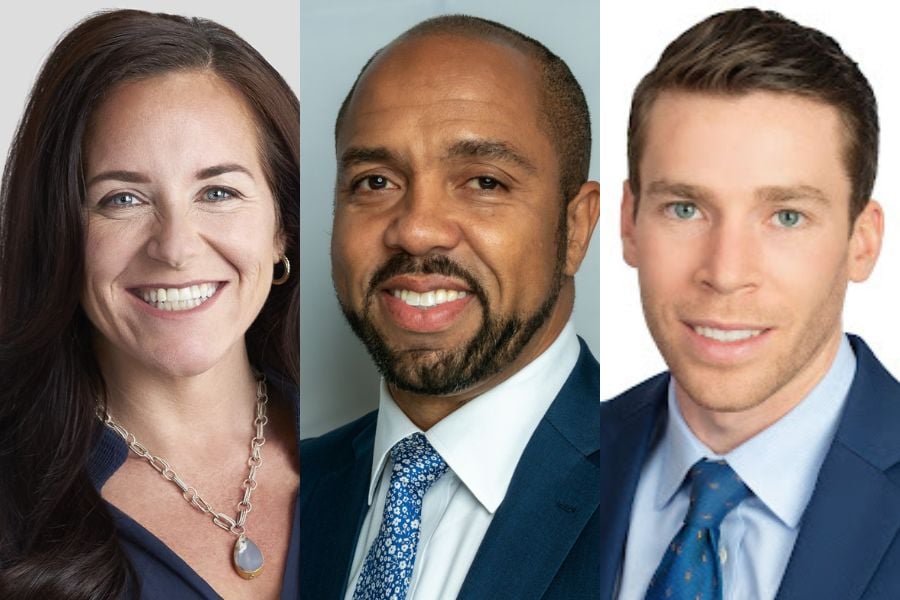

A recent survey from Corebridge Financial showed around 1 in 8 Americans plan to stop working before they turn 61. At the same time, most employees say they want to live until they are 100.
Doing the easy math, that means a substantial number of Americans plan to live in retirement for 40 years or maybe more.
The much harder math is getting them there, says Antwone Harris, chief planning strategist at Platinum Bridge Wealth Strategies
“It's very likely that many people will be retired longer than they actually work, so one of the main things we do is have them delay Social Security,” said Harris. “You have an annuity that's indexed for inflation, that's guaranteed by the US government, and that you can't outlive, so that's one basic thing that we recommend for those seeking to retire early.”
Another thing Harris tells clients interested in getting a jump on their golden years is to hold onto large “lumps” of money. For example, he cautions clients against paying off their entire mortgage in retirement, something that used to be a source of pride for an earlier generation. Instead, he wants that money compounding as long as possible.
Harris also tells clients to build up assets outside of the 401K account to help with healthcare expenses.
“When you retire, every time I give you a dollar from that 401k account you have to pay ordinary income taxes,” said Harris. “If we build up money outside of the 401k account, I can basically give you money back and mitigate the tax piece and show very little income. That allows some clients to qualify for the Affordable Care Act for healthcare.”
Katy Song, chief financial planner at Domain Money, says overspending, and thus under-savings, is the biggest obstacle for achieving early retirement.
“You have to know what you spend. If you don't know what it takes to live your life, then you likely won't ever be able to retire and feel financially secure,” said Song.
She says most clients spend more before retirement because they have mortgages, commutes and may have children. When they retire, typically spending goes down, but if they retire early and still have a mortgage to pay, it may be years before they can truly reduce spending.
Reese Harper, CEO of Elements, believes that to seriously boost one’s chances of retiring early, a person needs to save a minimum of 20 percent of their annual income.
“If you’re only saving 10 percent right now and you get a raise, you might have to save everything to reach a 20 percent savings rate overall,” said Harper. “This is tough for most of us.”
Harper’s advice is to shoot for a liquid net worth that’s 25 to 30 times one’s living expenses in order to enjoy a stress-free retirement.
Finally, Ross Cohen, financial advisor at Ritholtz Wealth Management, believes early retirement planning depends on tax diversification.
“Building a portfolio with a mix of qualified and non-qualified accounts empowers clients with flexibility and tax efficiency,” said Cohen. “This allows them to access withdrawals without solely relying on taxed, or even penalized if earlier than 59 and a half, distributions from traditional retirement accounts.”

Relationships are key to our business but advisors are often slow to engage in specific activities designed to foster them.

Whichever path you go down, act now while you're still in control.

Pro-bitcoin professionals, however, say the cryptocurrency has ushered in change.

“LPL has evolved significantly over the last decade and still wants to scale up,” says one industry executive.

Survey findings from the Nationwide Retirement Institute offers pearls of planning wisdom from 60- to 65-year-olds, as well as insights into concerns.
Streamline your outreach with Aidentified's AI-driven solutions
This season’s market volatility: Positioning for rate relief, income growth and the AI rebound
